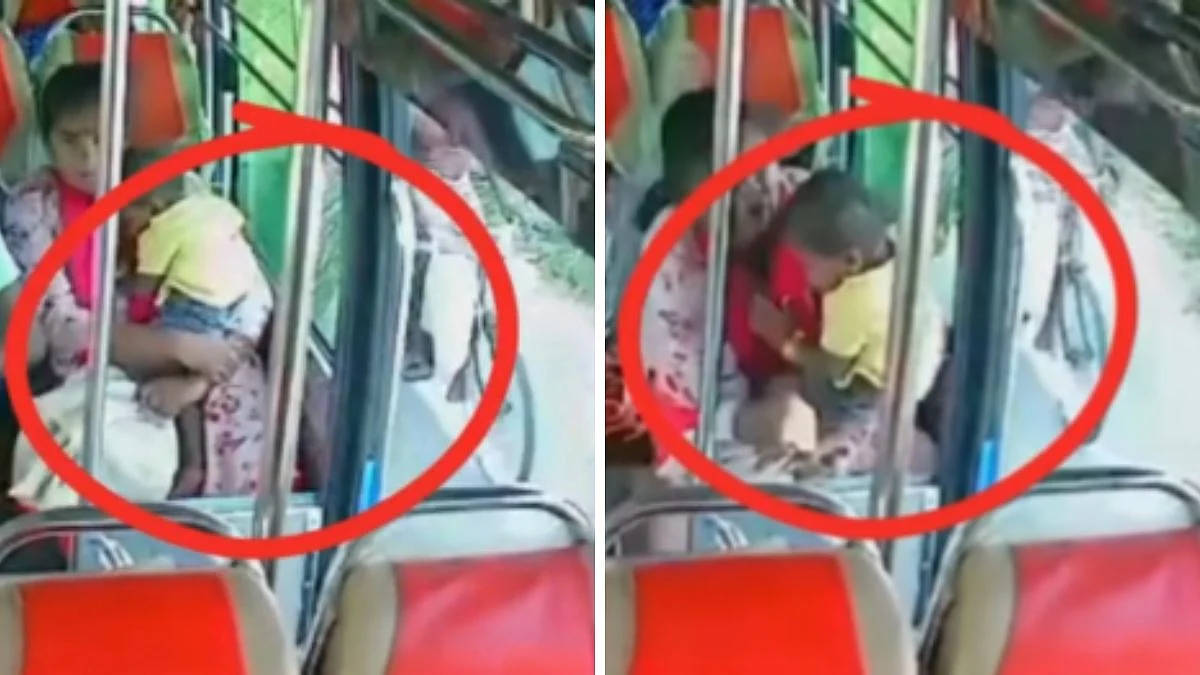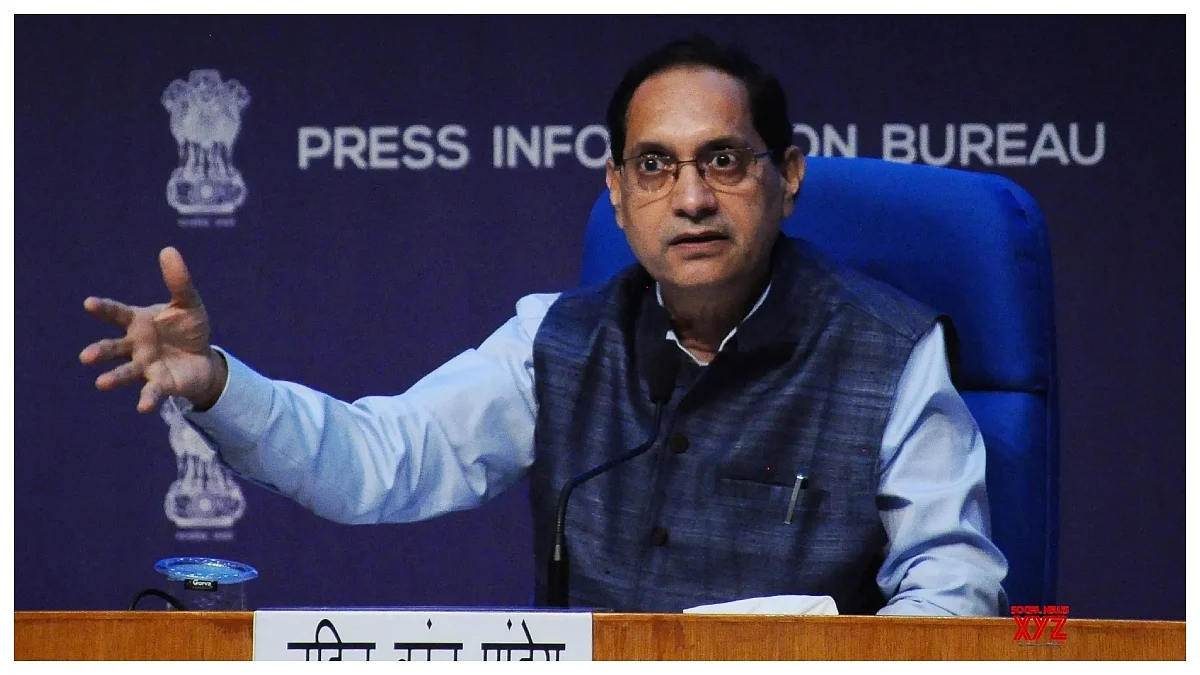Mumbai: The Bombay High Court has held that a court in India can take cognisance of a case of domestic violence even if the alleged offence takes place in a foreign country.
Justice GA Sanap sitting at the Nagpur bench of the HC recently dismissed a petition filed by an Indian man challenging the magistrate’s order contending that the alleged acts of violence took place in germany and not in India and hence the Indian court cannot take cognisance of the same.
Protection of Women from Domestic Violence Act applies irrespective of place: Judge
The Judge noted that the Protection of Women from Domestic Violence Act (DV Act) is a “social beneficial legislation” and its provisions are applicable irrespective of the place of cause of action.
Section 27(1)(a) of the Act provides that the magistrate has jurisdiction if the aggrieved person is a temporary or permanent resident or carries on business or is employed within its local limits. According to section 27(1)(b), the magistrate has jurisdiction if the respondent resides or carries on business or is employed within its local limits.
The court noted that sections 27(1)(a) and (b) are applicable irrespective of the place of cause of action. Therefore, they have no relation with the place where the domestic violence actually occurred, the court said.
“The provisions of Section 27(1) (a) and (b) [of the DV Act] are applicable irrespective of the place of cause of action,” added the court.
“... the law makers were mindful of such a situation and therefore, Section 27 have been worded in this form. It therefore goes without saying that though the Domestic Violence Act extend to the whole of India as provided under Section 1 of the D.V. Act, the domestic violence caused on the foreign soil could also be taken cognizance by invoking Section 27 (1) (a) and (b)”.
What the court observed
Therefore, the court held that the trauma, suffering, and distress of the complainant carried to her parental home is sufficient to reject the husbands arguments on applicability of DV Act. “apart from the express provisions of Section 27, in my view, the consequence of trauma, suffering and distress carried by the complainant to her parental home would be sufficient to reject the submissions advanced by relying upon Section 1 of the D.V. Act.”
According to the plea, the couple got married in 2020 after which the husband left for Germany for work. The wife joined him later. The woman alleged in her complaint that after her husband left for Germany, her in laws would make nasty, humiliating and insulting comments over the complainant and her parents.
She claimed that, initially, her husband treated her properly. However, lateron her subjected her to mental and physical torture and would not allow allow her to talk with her parents. She even alleged that she was forced to undergo the abortion. He then sent her back to her parents place at Nagpur.
On reaching Nagpur, she initiated criminal proceedings under the DV Act against her husband and his parents.
The Additional Chief Judicial Magistrate rejected the husband’s application. Hence he approached the HC, which dismissed his application.








.png)



